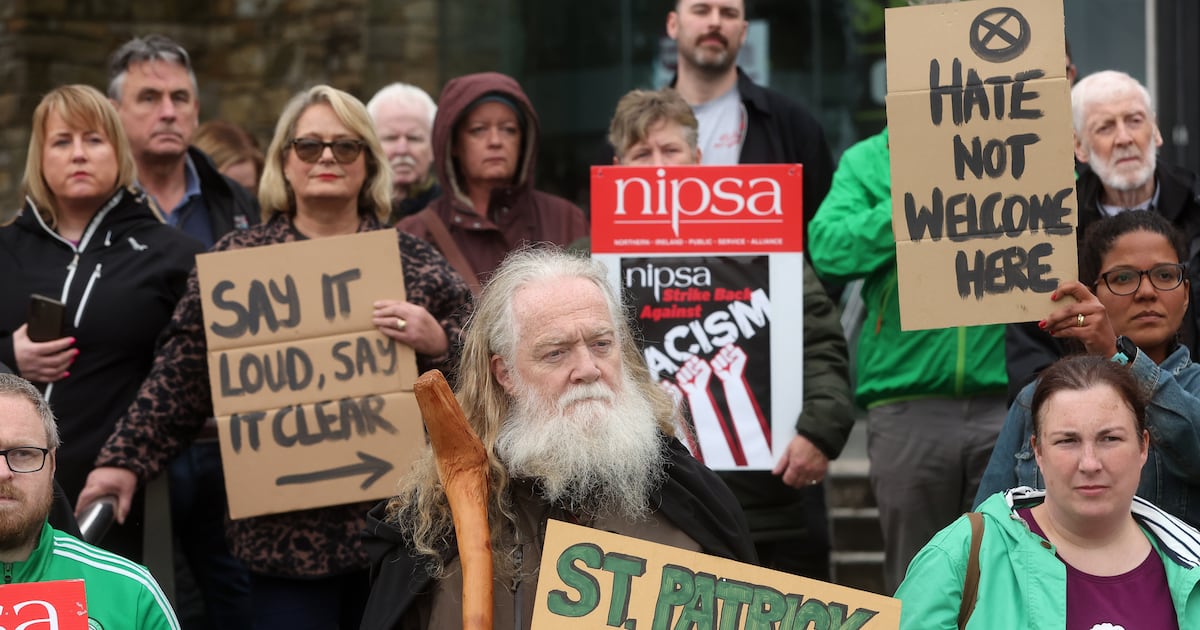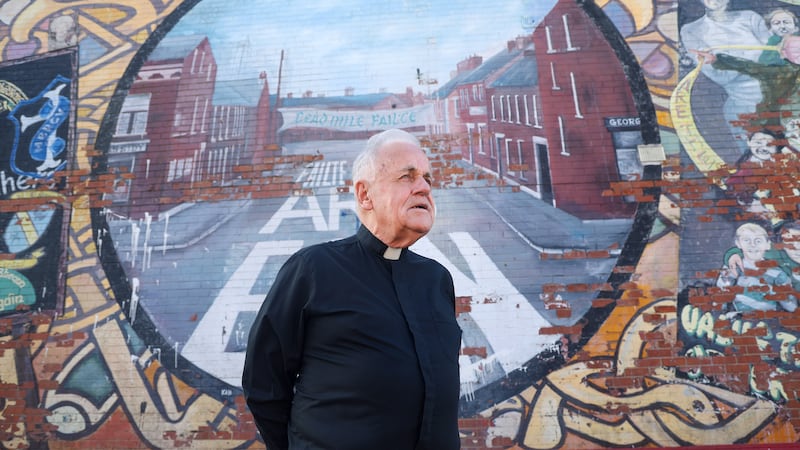Sophisticated social media campaigns are causing an upsurge in race hate incidents as sectarianism is being ‘displaced’, an academic has said.
The latest police figures show racist incidents and incidents of hate against religious minorities have reached record highs.
At the same time, sectarian crimes in Northern Ireland have dropped dramatically.
It comes after a week of race riots in Ballymena and Portadown left 64 police officers injured and 24 arrested.
The latest PSNI statistics show that there were 1,807 race-motivated hate incidents in the north last year – an increase of 454.
Of these incidents, 1,188 were severe enough to be recorded as crimes – as increase from 839.
Meanwhile, faith/religion-motivated incidents reached 87 last year – an increase of 10.
However, the number of incidents of sectarianism recorded by the PSNI fell last year with just 910 recorded, a drop of 181.
Of those sectarian incidents, 588 met the threshold to be recorded as a crime – the lowest number since records began in 2005.
Incidents of hate based on sexual orientation also fell by 22 to 362 recorded incidents for the year.
And incidents of hate against the Trans community dropped slightly from 68 to 63.
Prof Shirlow said since 2005-2006, when the PSNI started gathering such data, sectarianism has fallen by well over 60%.
“It’s a long-term trend. You get the odd year where it bounces up a bit, but generally the trend is very much downward, especially amongst young people,” he said.
“The biggest decline is amongst people aged 18 to 24. The biggest decline is actually amongst young men who would have been more likely to be sectarian or confronted about their background.
“There’s been this big shift that’s taken place in society. You’ve got this younger generation who just aren’t experiencing what my generation experienced during The Troubles.
“What’s interesting is that this has been displaced into racism.”
Prof Shirlow added that there’s been a strong decline in sectarian crime reported by young people.
What you’ve had at the same time is continual growth in racist-based crime and violence, he said.
“There’s a replacement here – one type of violence has now moved into another form. As sectarianism has gone down, racism has gone up. When you look at that data, it’s basically in the same places where you’ve seen a decline in sectarianism that you’ve seen a rise in racism.”
Mr Shirlow blamed sophisticated social media campaigns for the spread of anti-immigrant sentiment and claims that governments are not doing enough to stop it.
“This is exactly the same as what you’re getting across Europe. There is now social media, a lot of which is sponsored by rogue states like Russia and Iran, investing time and energy in spreading myths about immigrants,” he said.
“That’s the same stuff they’re looking at in Ballymena, that’s the same stuff they’re looking at in Larne, that’s the same stuff they’re looking at in Dublin and Marseille.
“We’ve got to realise we’re living in a world now where these things are experienced locally, but the social media around racism is now massive. It’s sophisticated, it’s well-funded, and it spreads.
“One of the fundamental problems is that governments everywhere are just not doing enough to challenge these myths, to challenge the stuff that’s being said.”

